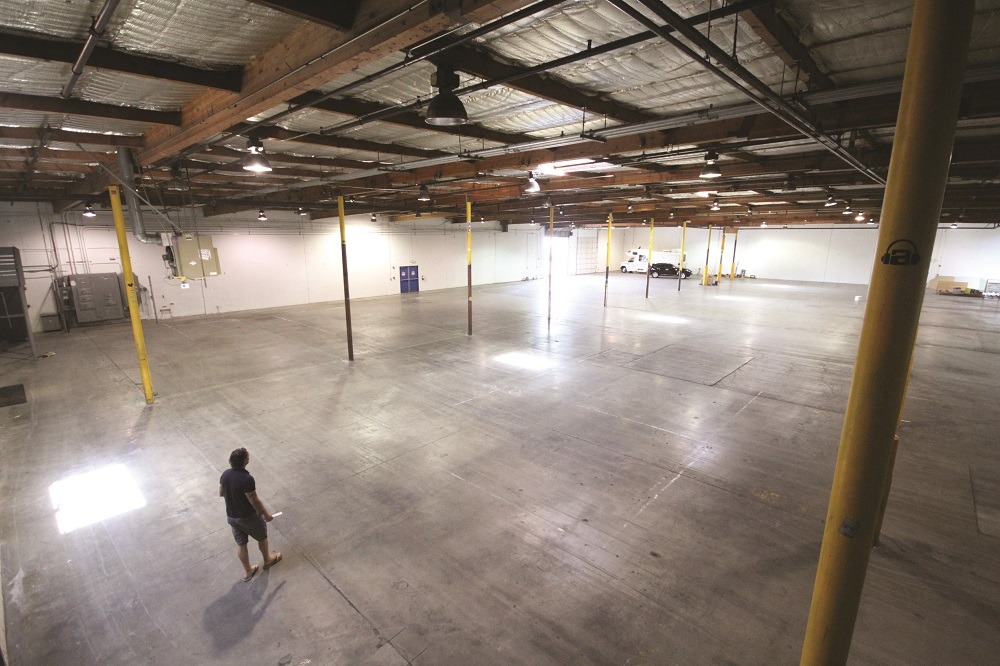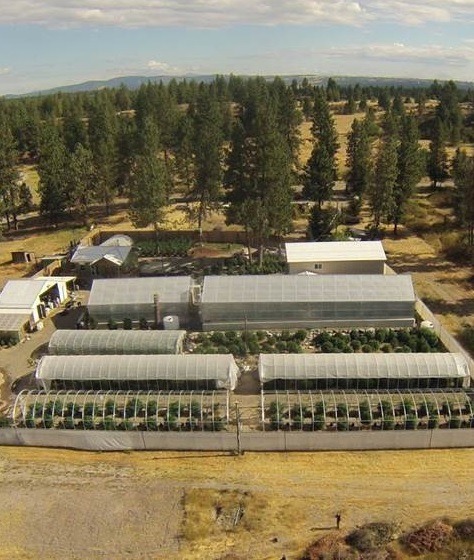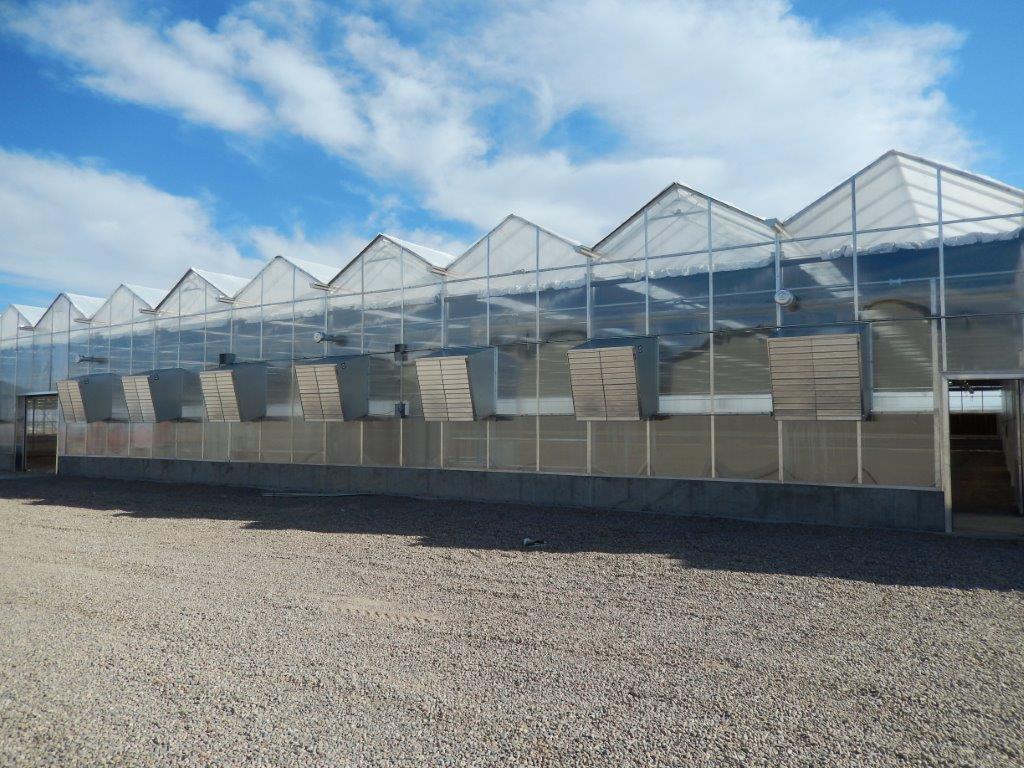
A view of downtown Denver from the city’s Highlands neighborhood.
One of the most capital-intensive pieces of operating a cannabis business is the acquisition of real estate and building out the facilities. Raising capital is always an endeavor, but the unique challenges of the cannabis industry — unfriendly landlords, residency requirements, restrictions of ownership and no chance of getting traditional bank loans, among other obstacles — can make the process even more difficult to navigate.
Here are some of the typical real estate scenarios that deserve a closer look.
Scenario 1: Your group already owns the land needed for business.
This is ideal, as long as the land is suitable for cannabis operations. If the land does not have access to utilities or a water source, or is too far from any thoroughfares, it might be cost prohibitive to develop that property for business use. Without access to traditional construction loans, any building costs will have to be raised, which will require additional time and management.

Sparc in San Francisco.
Scenario 2: Your group does not have access to land or property.
This is one of the more typical scenarios where your team must weigh the options between leasing or purchasing from an outside party. What makes this more problematic compared to other industries is that landlords are often hesitant to rent to a cannabis business.
There have been situations where traditional mortgage lenders have called the note due if they discover that the lessee owns a cannabis company. Landlords are especially wary about this and other perceived risks that might be associated with leasing to a cannabis operation.

The early interior of Soulshine’s grow operation.
Scenario 3: An outside investor is willing to buy the real estate and lease it back to your business.
This option can be extremely advantageous in that you will be dealing with a landlord who wants your business to succeed. You have the ability to offset all of your build-out costs, and might be able to subtract several zeros from the capital you need to raise.
Private investors have been keen on this strategy for years, and as the industry expands, more are getting involved. Not only is this appealing for operators, it is also appealing for investors. Real estate typically appreciates and is a tangible asset that carries less risk than investing in a business idea alone. Leasing to a cannabis operation can be quite lucrative and can withstand a market in recession. In fact, cannabis businesses were credited with saving Colorado’s industrial real estate market when they grabbed empty retail and warehouse space between 2009 and 2011.
Outside Investors
There are both benefits and disadvantages of having outside real estate investors for a cannabis enterprise. Here’s a closer look at the pros and cons:

An overhead shot of Kush Comfort Farms.
Pros
– License holders don’t have to raise the capital themselves to purchase and build facilities.
– A real estate entity can take standard deductions that the licensee cannot.
– The expense of equipment purchases can be rolled into the monthly payments, giving businesses another financing option rather than purchasing the equipment outright.
– This might be a way for a business to get access to their capital needs without having to give up equity.
Cons
– The numbers have to work. If you rent from anyone, you must be able to justify the rent expense, and you have to be able to cover the payments during the start-up phase. If you are in a slow market or a market that is taking years to begin, that could be a while.
– The partnership between the investor/landlord and the business operator has to be solid. Both parties need to be aligned in their ideas of how the business will be run and work together during any unforeseen circumstances.
– If you decide to work with a company, especially one that is publicly traded, make sure they can legitimately execute a purchase. Also ensure that they can remain compliant with the requirements of being a public entity.

No matter what real estate strategy your group eventually chooses, it is strongly recommended that you engage a knowledgeable attorney to structure the business entities appropriately. The attorney will set up terms of the lease to address potential licensing delays, as well as conditions to protect the entities should there be a change in state or federal policy.
Looking ahead, big real estate companies are becoming more comfortable in investing in cannabis businesses. A California-based real estate investment trust recently announced the filing of registration documents to trade on the New York Stock Exchange. It plans to purchase 10-20 medical cultivation facilities, and cited several “favorable environment” conditions in its filing, including limited access to capital, a shift in public opinion and expected continued sales growth. Although there are several real estate focused cannabis stocks, this is the first one to vie for a spot on the NYSE. If you are looking for interested investors, there are more and more options to consider.
Diane Czarkowski is a founding partner of Canna Advisors, a cannabis consulting firm with a track record of serving businesses in competitive, emerging markets. An industry leader and insider, she owned one of the first dispensary and cultivation operations in Colorado and has more than a decade of experience in real estate development. She can be reached at info@thinkcanna.com.


